
Key Takeaways
- An undersized AC will struggle to cool your space.
- Oversized unit will short-cycle, wasting energy and causing humidity issues.
- Factors like room size, location, sun exposure affect your AC size.
Buying an air conditioner is a significant investment, and there’s a lot to think about. With factors like BTUs, tonnage, efficiency ratings, and smart home connectivity, the options can be overwhelming. But one of the most crucial questions a homeowner can ask themselves is: ‘What size air conditioner do I need?’.
This article will address all your concerns about choosing the perfect air conditioner for your home. You’ll learn how cooling capacity impacts your AC’s performance and the key factors that influence proper sizing, ensuring you make an informed decision for optimal comfort and efficiency.
Why Does AC Size Matter?
It is essential to select an appropriate-sized AC unit for your home. If the unit is too small, it will not efficiently cool your room, resulting in discomfort and inefficiency, regardless of the cost. This might cause the unit to operate constantly as it struggles to attain the desired temperature, resulting in higher utility bills and significant system wear and tear.
On the other side, a big air conditioning unit cools the space too quickly, resulting in short cycling. This means the unit will switch on and off repeatedly, wasting energy and increasing your electrical costs. Furthermore, short cycling might result in poor humidity management, making your house feel damp and unpleasant.
AC Sizing Basics
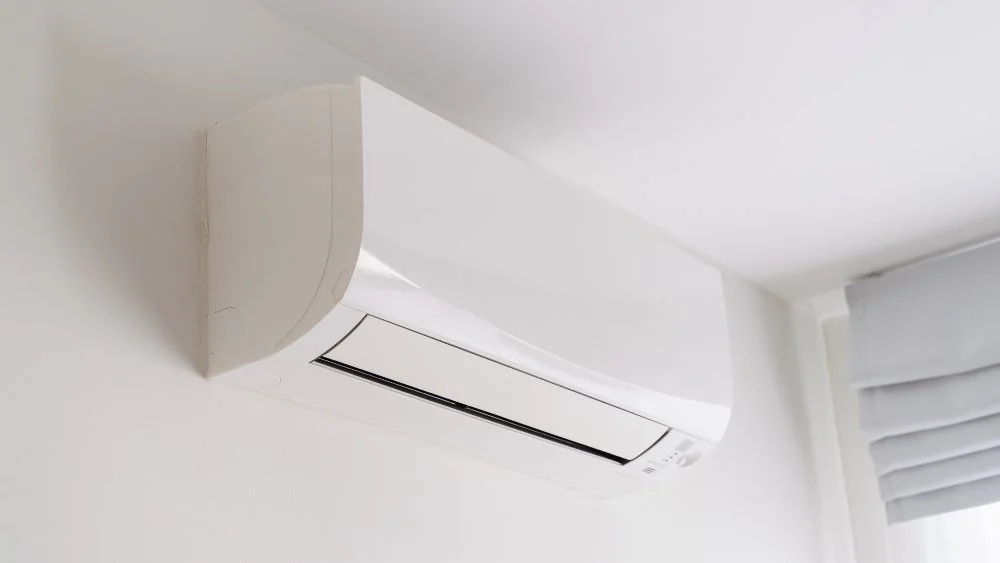
It’s vital to choose an AC unit correctly sized for your space to ensure optimal performance, reduce AC costs, and improve comfort. Typically, air conditioner sizing refers to the unit’s cooling capacity, which indicates the area an air conditioner can effectively cool. This cooling capacity is measured in BTU (British Thermal Units) and BTUh (British Thermal Units per hour).
- BTU: BTU stands for British Thermal Units, and it measures the amount of heat needed to raise the temperature of one pound of water by one Fahrenheit. A higher BTU means a larger cooling capacity capable of cooling or heating a bigger space. As a general rule, you need 20 BTUs for every square foot of your home for effective cooling.
- BTUh: British Thermal Units per Hour refers to the total amount of heat an air conditioner unit can remove from your home within one hour.
Sometimes, you may encounter AC sizes measured in tons. Ton and BTUh are interchangeable terms for describing an AC’s cooling capacity. However, in the US, this capacity is most commonly measured in BTUs. When determining the appropriate tonnage for your AC, remember that residential air conditioners typically range from 1.5 to 5 tons.
It’s worth noting that one ton equals 12,000 BTUs, which means it can remove 12,000 BTUs of heat per hour. If you need to convert BTUs to tons or vice versa, you can use this handy calculator from Convert World.
What Air Conditioner Size Do I Need?

The steps needed to calculate the size of AC you need are simple:
- Calculate the size of the area that requires cooling.
- Based on the area, calculate the cooling capacity you require.
- Adjust for factors that influence temperature, such as insulation, shade, windows, kitchen, etc.
- Determine the total cooling load (in case of central air).
Choosing the right one is crucial for your home’s energy efficiency, cooling, and comfort. There are different sizing needs for different kinds of air conditioners, as shown below:
Related: Different Types of Air Conditioners: Choosing the Best AC for Your Home
Central Air Conditioner Sizing Guide
Are you trying to figure out the perfect size for your central air conditioner? It all starts with knowing the square footage of your home.
To determine the square footage, just multiply the length of each room and section by its width, then add them all together. This gives you the area that needs to be cooled or heated.
But what if your rooms aren’t perfect rectangles or squares? No problem! You can divide them into separate sections to get an even more precise measurement. Here is a nifty room-size calculator to help you out.
Now comes the trickier part—calculating the AC BTUs. You will want to multiply your home’s total area by 20 to find the BTU requirement. The general rule of thumb is that you need 20 BTUs for every square foot of space.
To get the base BTU load requirement, multiply the total square footage by 20. For example, a 1000 sq. ft. home would require a base BTU load of 20,000 (20 x 1000).
Note: Some AC manufacturers suggest multiplying the square footage by 25, so it’s always a good idea to double-check before doing the calculations.
|
Home Size |
AC Size in BTUs |
Tons |
|
400–500 sq. ft. |
10,000–12,000 |
1 |
|
500–1,000 sq. ft. |
14,000–18,000 |
1.5 |
|
1,000–1,500 sq. ft. |
21,000–24,000 |
2 |
|
1,500–2,000 sq. ft. |
30,000 |
2.5 |
|
2,000–2,500 sq. ft. |
34,000 |
3 |
|
2,500–2,700 sq. ft. |
48,000 |
4 |
|
2,700–3,300 sq. ft. |
60,000 |
5 |
According to Energy Star, you can make the following adjustments for the best AC size.
- If your room is heavily shaded, reduce the cooling capacity by 10 percent.
- If it gets direct sunlight, capacity will increase by 10 percent.
- Extra people? Add 600 BTUs for each occupant above 2.
- If you’ll be air conditioning the kitchen, boost BTUs by 4,000.
Once you’ve done the math, round down to the nearest thousand. That’s the cooling capacity you should aim for when shopping for a new unit.
Room Air Conditioner Sizing Guide
For room ACs such as window units, mini-splits, or even portable air conditioners, you will also need to calculate the square footage of your room to find the BTU. Remember to include any connected rooms without a door in your calculation, too.
To make things easier, check out this handy AC room air conditioner sizing chart based on expert recommendations.

Most window ACs range from 5,000 to 12,500 BTUs, while mini-splits vary greatly from 6,000 to 56,000 BTUs. The larger BTUs are for multi-zone mini-split systems.
Factors That Affect Air Conditioner Size Requirements
While a general rule of thumb for AC unit sizing involves calculating your home’s square footage, accurately determining the correct size requires considering many other factors. These include insulation quality, room ceiling height, geographic location, the temperature difference between the inside and outside, humidity levels, and more.
Let’s look at some of the major factors and how they can affect your air conditioner sizing:
1. Room Height
While we typically size air conditioners based on a room’s area, we often overlook the importance of ceiling height. A room’s height significantly impacts how well a specific cooling capacity will perform.
Rooms with high ceilings contain a larger volume of air that needs to be cooled. Wall-mounted mini-split systems are more effective at cooling this larger volume of air than window-mounted air conditioners. Positioned higher on the wall, mini-splits take advantage of the natural rise of warm air, cooling it more efficiently than window units can.
2. Insulation
Home insulation minimizes heat transfer between the interior and exterior of the home. It keeps the air-conditioned air inside and prevents it from leaking outside. This helps to keep your home cool in summer and warm in winter.
If your home is not adequately insulated, you need a slightly higher BTU HVAC unit to accommodate the heat gain and loss.
3. Humidity Levels
Higher humidity means more air conditioning is needed. An air conditioner provides cool air in the room and works as a dehumidifier. Removing the excess moisture from the air immediately makes a marked difference in the temperature, ensuring you have ideal indoor humidity levels.
If you live in an area with a high moisture content year-round, it’s better to invest in an air conditioner with extra capacity.
4. Location
Depending on a region’s general climate and humidity levels, houses of the same size will have different air conditioning requirements. Homes in cooler or dry areas require a smaller air conditioner than houses in warmer and humid regions.
5. Sun Exposure
Does sunlight fall directly over your house, or do you have trees around protecting your space with shade? Houses on the south and west sides with little to no shade will absorb more sunlight and will take a longer time to cool down.
6. Windows
Windows also account for incoming light. Natural light is an excellent source of brightening your room, but it can also cause unwanted heat loss or gain. Windows can add as much as 10% to your BTU requirement.
Energy-saving treatments, such as tinting, can prevent unwanted heat gain from windows. Apart from that, energy-efficient windows, such as low-e or double-pane windows, can also reduce the required BTUs.
7. Number of People
Energy Star recommends increasing the required cooling capacity by 600 BTU per person. This criterion applies if multiple people occupy the room for large parts of the day. Human bodies generate heat, making it vital to consider the number of people a room will occupy.
8. Home Exterior Color & Type
If your home is painted dark, it will absorb more heat, and you will require a higher BTU unit to keep it cool. The same is the case if it’s made of dense materials such as brick that will take in more heat.
9. Heat-Generating Appliances
Kitchens generate a lot of heat from cooking and are also quite humid. This makes it harder for them to cool down. To tackle the extra heat and air moisture, it’s best to add one or two BTUs when installing room AC in that area. As such, if you are planning to install a kitchen air conditioner, your required cooling capacity will increase by 4,000 BTU.
Make the Most of Your Air Conditioner
With all your concerns answered, you must be on your way to locking down the perfectly sized AC unit for your home. To get the most out of your air conditioner and save energy, you can pair your AC with a smart thermostat for mini-splits and central HVAC.
Your smart thermostat will allow you to automate your central HVAC system, making it a great addition to improving your home energy efficiency. You can schedule your AC to run less when you are out or turn it off using your phone. With the geo-fencing feature, you can also program your HVAC system to turn on just before you arrive, welcoming you back to a comfortable living space after a long day. These features will allow you to reduce energy consumption and help you deal with high electricity bills.
Equip your HVAC system with smart features and achieve the perfect balance between comfort & savings.
Learn more
If you have a room AC, such as a mini-split, window, or portable unit, you can make it smart using a smart mini-split thermostat. They are an excellent option to enhance your comfort and accelerate your energy savings. They allow you to control your AC from anywhere and set intelligent triggers. These mini-split thermostats have convenient features like Comfy Mode, which allows you to set your desired temperature or humidity range, and it will automatically make adjustments based on that.
Your best choice to make any mini-split, window,
or portable AC smart. Enhance your comfort and savings.
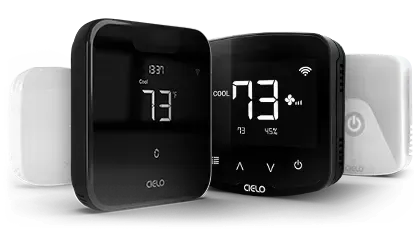
Choosing the Right AC Size
Correctly sizing your AC unit is the first step in keeping your home at the perfect temperature without draining your energy or money. Many homeowners make the mistake of thinking that bigger is always better when it comes to air conditioners. However, an oversized unit can cause rapid cycling and increased humidity, while an undersized unit will struggle to cool effectively, resulting in higher energy bills and a shorter lifespan.
To get the sizing right, you’ll need to consider factors like your home’s insulation, sun exposure, number of windows, and even the type of façade your home has. Taking the time to ensure your air conditioner is the right size can make a world of difference in your comfort and savings.
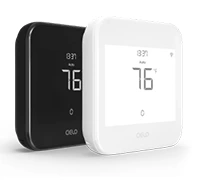
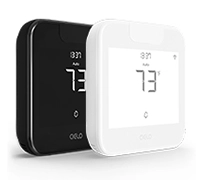
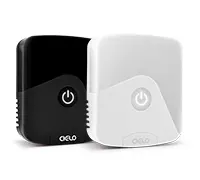
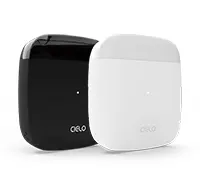
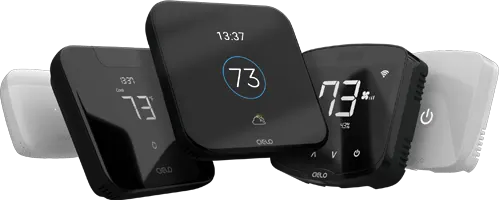
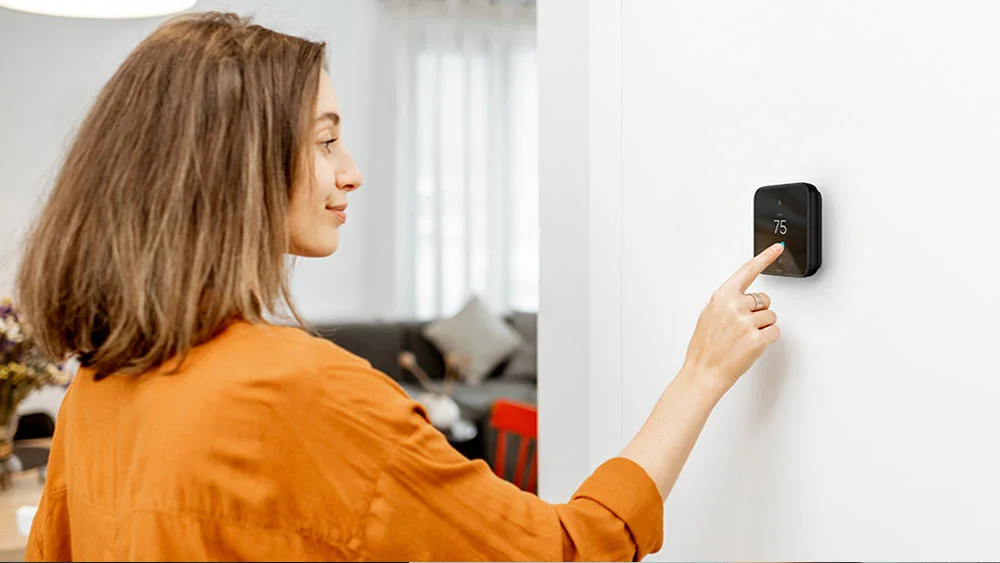
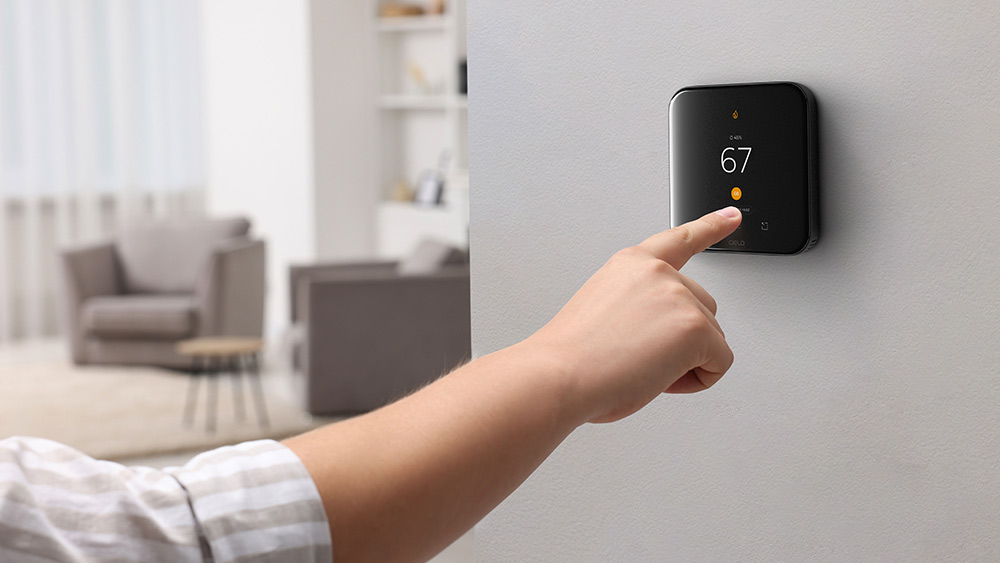
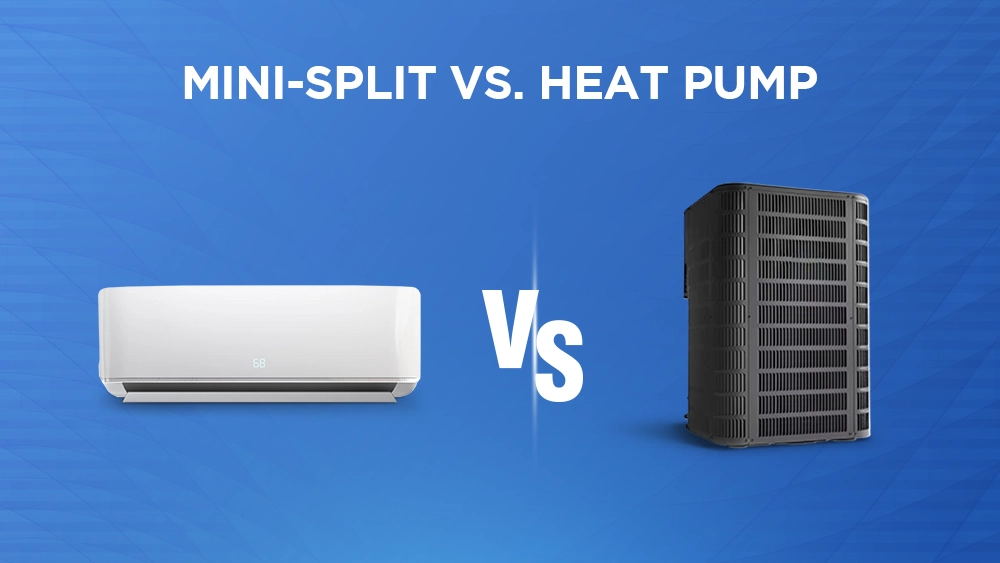

2 Comments. Leave new
It’s interesting to know that our house’s location affects our humidity levels, which makes an air conditioner works harder. We just moved to another area, and we hear that it gets really hot during the summer, so we’re interested in buying an air conditioner, and we think your tips will help us choose.
Thanks for the reminder that wrong sizes can lead to more electricity consumption when it comes to AC units. I’d like to get an AC installation service soon because I’m interested in improving the temperature control in my home. Last summer, I almost suffered from a heat stroke so I would like to make sure that I can always keep my room cool from now on.